I’ve been flirting with the idea of authorship my whole life. One of the reasons I never addressed it ‘seriously’ was because I’ve always felt writing to be something you simply do, as opposed to something you study, or someone you are. It would be great to be able to say, “I am a professional writer,” but from what I can tell no one gets to that point by crawling up that corporate writing ladder, snapping up promotions and qualifications to add to their resume, making themselves more attractive in the cut-throat writing market. No one needs a resume to apply for the Writer of Stories I Make Up position. They just need to write.
Explaining that ‘just’ has turned out to be the most challenging, liberating, soul-searching adventure of my life so far.
I’ve been writing seriously for two years now. I think I’m hovering at Beginning-Intermediate actual author level – I’ve managed to write a 160,000 novel, a feature length screenplay, and a handful of short stories, but I’m still not done revising anything and I haven’t even started looking for a publisher or agent. Fledgling, basically – dedicated hobbyist. But I’m slowly getting there.
These four tips are those I have found to work in my own experience, but I wouldn’t say that they are my own. They are an amalgamation of those I’ve found from a hundred previous writers more talented than I.
I saw a Buzzfeed quiz (http://www.buzzfeed.com/jarrylee/hemingway-or-childrens-book#3a7nsit) a few weeks ago where you had to guess whether a sentence was from Hemmingway or a children’s book. I think it was meant to be mocking, but instead it illuminated one of the great and overlooked qualities of a good storyteller; the ability to clearly communicate. Like some children books, Hemmingway took brevity and clarity to the point of elegance. He embodied (as all great authors embody to one degree or another in my opinion), one of Mark Twain’s best quotes: Brevity is the source of wit.
Stephen King – especially in On Writing but also The Stand, Pet Cemetery, and The Gunslinger, among others – has taught me a huge amount about writing the last few years. It’s almost gotten to the point where when I get to a difficult part, or I feel that awful excuse that is writer’s block creeping up, I think, What would Stephen King do?
King took prose down from its high horse and into the rut of slang and every day understanding. I grew up thinking I had to write books like The Lord of the Rings, in ‘high speech’, because that’s just the way books were written. King drilled in the fun of writing from you gut. He cussed when I was expecting poetry, and turned the most mundane moments into magic. He was always easy to understand and used high speech only when high speech was necessary.
Another author I love and admire who is also clear and direct, if in a very different way, is Cormac McCarthy. He has the ability to pull you into sensations and almost-feelings that I had been sure were indescribable before, but he is only able to do this because each sentence builds in a clear, easily-understood way. He is, simply, communicating – and sometimes his particular form of telepathy is so strong and clear it becomes poetry.
On the other end of the spectrum is J. K. Rowling. I don’t think the clarity inherent in her writing style needs to be explained, but hers were ‘children books’ that are literary masterpieces and accessible to everyone, not ‘just’ children – and it isn’t only because of their adventure and heart and theme, but because of the joy and ease with which they are read.
My writing has improved exponentially since I took this tip to heart. I cannot stress the strength and importance of clarity enough – so I’ll let some actual authors do it for me.
Simplicity is the ultimate sophistication. LEONARDO DA VINCI
Never use abstract nouns when concrete ones will do. If you mean “More people died” don’t say “Mortality rose.” C.S. LEWIS
Don’t say, “she said mincingly,” or “he said boisterously.” Just say, “he said, she said.” JOHN P. MARQUAND
Symbolism exists to adorn and enrich, not to create an artificial sense of profundity. STEPHEN KING
I do not over-intellectualize the production process. I try to keep it simple: Tell the damned story. TOM CLANCY
Mark Medoff told me in high school that I must write every day for ten years “before anyone beside your mother will want to read your work.” He was very firm on that, and I saw that he believed it and that it had been true for him. Perhaps it has also been true for all the great authors and playwrights – I’ll have to ask them.
Medoff also told me, with a sort of ruthless detachment: “Excuses do not exist. No one cares.”
It was a modification of Yoda’s old, “do or do not – there is no try,” but it hit me hard in a way all those other platitudes had not.
No one cares if you have been sick, or tired, or stressed. No one cares if you have writers block (whatever that’s supposed to be). No one cares if you are too busy to write as much as you would like, or if your car broke down or a loved one died or whatever else happened that kept you from writing. Ultimately, those are all excuses.
And, most importantly, no one cares even if you do write. Someday, maybe, someone will. But I know I will never get to that point assuming anyone cares about what I’m doing along the way.
Stephen King, Mark Medoff, and thousands of other writers have stressed not the importance of inspiration, but the importance of diligence. They made it clear to me that it wasn’t some sort of magic thing a few people possessed, a skill with a fickle muse. It was hard work, day after day after day, trudging it out and then editing, editing, coming up for air, grabbing a few knives, plunging down and ripping it apart again.
You have to be diligent. Relentless. And persevere.
Writing is a wholetime job: No professional writer can afford only to write when he feels like it. SOMERSET MAUGHAM
A small daily task, if it be really daily, will beat the labours of a spasmodic Hercules. ANTHONY TROLLOPE
You must find teachers and train on your own. You must create your own schedule and force yourself to stick to it. Reading becomes both an excuse and a homework assignment. Writing becomes a task, a task that requires constant practice for it to become a skill, and like piano playing or flamenco dancing or any other hardly won skill, there are days when I just want to throw my computer or journal out the window and cry. And, like any other hardly won skill, there are moments when everything comes together and I can feel the transcendence as mere task becomes art, and hours pass in a few moments of exquisite creation.
All the hours and days and weeks of struggling up that mountain is worth the vista at the summit. I just have to keep going, step by step, word by word, every day.
[youtube=https://www.youtube.com/watch?v=86x-u-tz0MA]
The thing I love most about Stephen King’s writing is his passion. It bleeds through every sentence and paragraph. Even if I don’t end up liking the story very much at the end, the journey is what I love. I can hear, taste, smell, see the joy of true craftsmanship on the page the same as he felt while writing it.
I think the same is true of all other great authors. Writing well is hard, writing at all takes time, and if you are willing to give so much of your life to something most people won’t ever care about, you have to need it. It has to be as much of a requirement and a compulsion as stretching at the end of a long road trip.
For me, the time I spend writing is holy. It is my first priority. I recently went nearly four months without writing anything but blog posts and journal entries, and when I finally started writing a story again, it was like… being free of a heavy load I hadn’t realized I’d been carrying.
Your passion, whatever it is, is a sacred thing. Treat is with reverence and importance, cultivate it, and enjoy it.
Protect the time and space in which you write. Keep everybody away from it, even the people who are most important to you. ZADIE SMITH
There is an eloquence in true enthusiasm that is not to be doubted. WASHINGTON IRVING
Remember you love writing. It wouldn’t be worth it if you didn’t. If the love fades, do what you need to and get it back. A.L. KENNEDY
Starting things is easy – finishing them is hard. But if you don’t finish them, they are nothing. Simple as that.
I have yet to finish anything I’ve written. But someday soon I will be able to say that I have.
Lastly, here is a collection of the books that have taught me most about writing – and happen to have also made me who I am. I highly recommend just… reading them all.
If you can speak what you will never hear, if you can write what you will never read, you have done rare things.
HENRY DAVID THOREAU
Sometimes I know what I believe because of what I’ve written.
J.K. ROWLING
Young writers should be encouraged to write, and discouraged from thinking they are writers.
WALLACE STEGNER





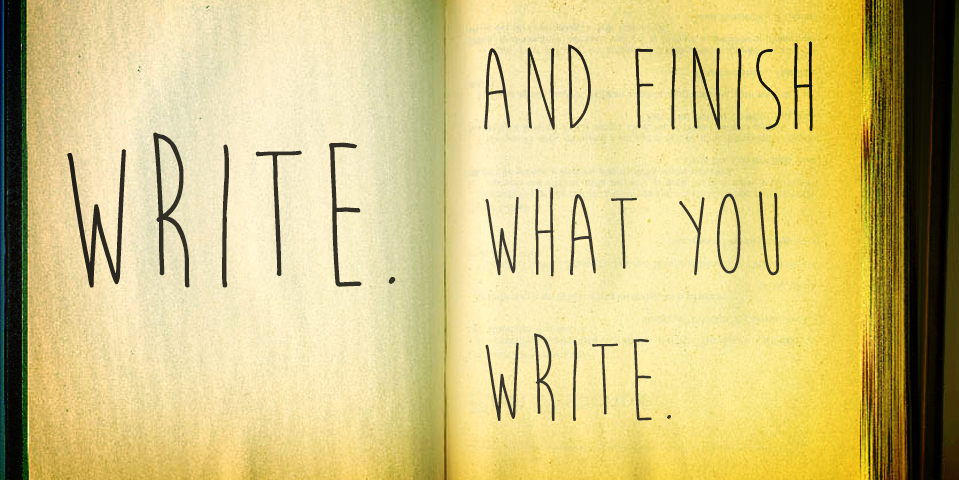
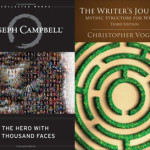



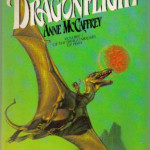

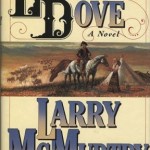
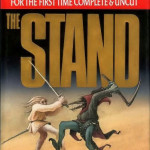
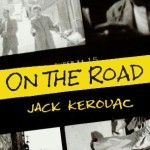

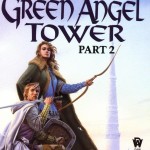
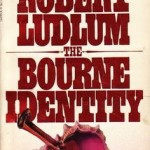
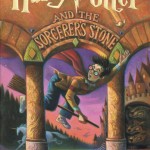
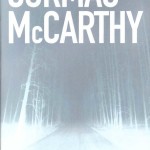
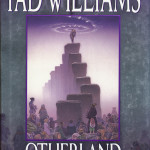
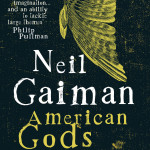
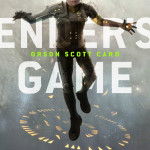

Very well written. I’m interested to see your work when it’s published.
I like your blog. The added pictures are a nice bonus. The change in font, splash of color here and there is a good eye catching quality.
The earlier blog is more entertaining than the older version.. you have grown a lot in the last 30 days.. Good job.
I would like to see less quotes from other people and more on what you are doing, The more the quotes makes it less personal.
Thanks for the invite Shannon. I love this post; your style and wisdoms you have taken from reading many. I agree with Stephen King’s simplicity of writing and everything you have written. It seems you should be on your way to getting your novel ready to publish! This is my unbiased opinion. 🙂
I think the most important rules for me, as a writer, are:
(1) The story must stand on its own once it’s released, and
(2) An author must trust his or her storytelling voice.
I think those two connect to your four pillars of advice. While I do disagree with a couple of quotes (especially Stegner’s–kids *should* think they’re writers so they will choose to develop their writing skills), your overall blogged article about writing is entertaining and enlightening. I 100% agree with your assessment on passion. Writing skill means nothing if passion and creativity don’t grow on its framework.
I enjoyed your four tips very much, Shannon.
Passion for storytelling is it!!! Writing is a good way to get it blooming… then all other media follows, plays, movies.
Passion turns to ambition, believing in your work. Tell a good story. If you have a good story, many small things can be over looked.
My point.. that first book of Harry Potter series, It is horrible to read the first half,
but it was a good story.. the second half was much cleaner, and flowed.
The writing didn’t stand in the way of the story.
Nicely put, although I would add a few things to the four. The main thing being you can never underestimate the help that other writers are prepared to give on your behalf. No one can sit and write a book only to then get it published, unless the editor sees their vision and is prepared to help them achieve it. In other words novice successful writers are as rare as hens teeth. Keep chipping away and best of luck.
This blog is wonderful. It’s like stepping into a refreshing restaurant. Unlike restaurants that look refreshing but sell bad food, this blog looks good and also has good blog posts!
Stephen King is really inspiring. He enjoys what he’s doing. He writes his books in the same way that he speaks.
Wonderful post and good advice. I loved the many quotes you used to enhance your point of view. I am looking forward to seeing your work when it’s published.
Most enjoyable.
I, personally, enjoyed the quotes 🙂 Write on!
Loved it … we seem to be at similar points in the writing journey. Love your style of writing. Just zings along 🙂 Very easy to read.